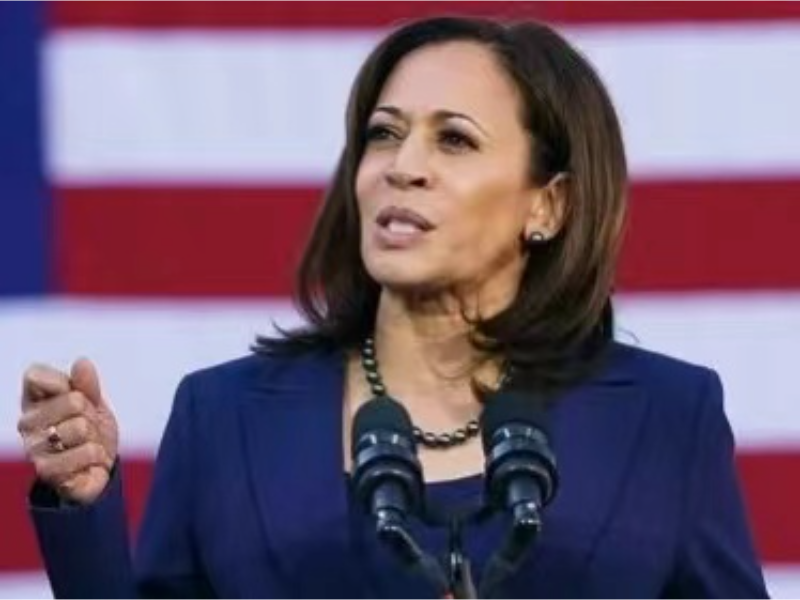- With Joe Biden out of the race, vice president Kamala Harris could be the new Democratic nominee.
- Kamala Harris has both championed the growth of tech companies and stressed the need for regulation of tech giants.
OUR TAKE
Kamala Harris as a potential Democratic presidential candidate has strong ties to Silicon Valley and the tech industry. On AI and privacy protection, Harris stresses the need for regulation and expresses concern about TikTok’s national security issues. At the same time, she has taken a more cautious stance on cryptocurrencies, but is expected to support the Biden administration’s related policies.
-Rae Li, BTW reporter
What happened
Kamala Harris has seen her career as a San Francisco district attorney, California attorney general and, in 2016, a senator. She has deep ties to Silicon Valley, with early backing including from venture capitalists John Doerr and RON Conway. Still, some critics believe she did not do enough to curb the growth of tech giants during her time as attorney general.
What’s more, Harris has criticised abuses of power by tech companies and called for more regulation. As a senator, she has raised concerns about the problem of misinformation on social media and discussed regulation of big tech companies during her 2020 presidential campaign. In addition, she is cautious about TikTok’s national security concerns, but makes it clear that there is no intention to ban the app.
Also read: Trump endorses TikTok under a potential US ban
Also read: ‘Flying bullet’ photographer Doug Mills describes ‘one in a million’ Trump shot
Why it’s important
Harris’ Silicon Valley connections, her criticism of tech giants, and her call for greater regulation demonstrate her deep understanding of the evolution of the tech industry and her commitment to protect the public interest.
Moreover, her approach to specific issues such as TikTok and her cautious approach to cryptocurrencies reflect her pragmatic and balanced approach to complex tech policy issues. It is crucial to understand Harris’ political positions, policy leanings, and how she may influence future U.S. tech policy.

